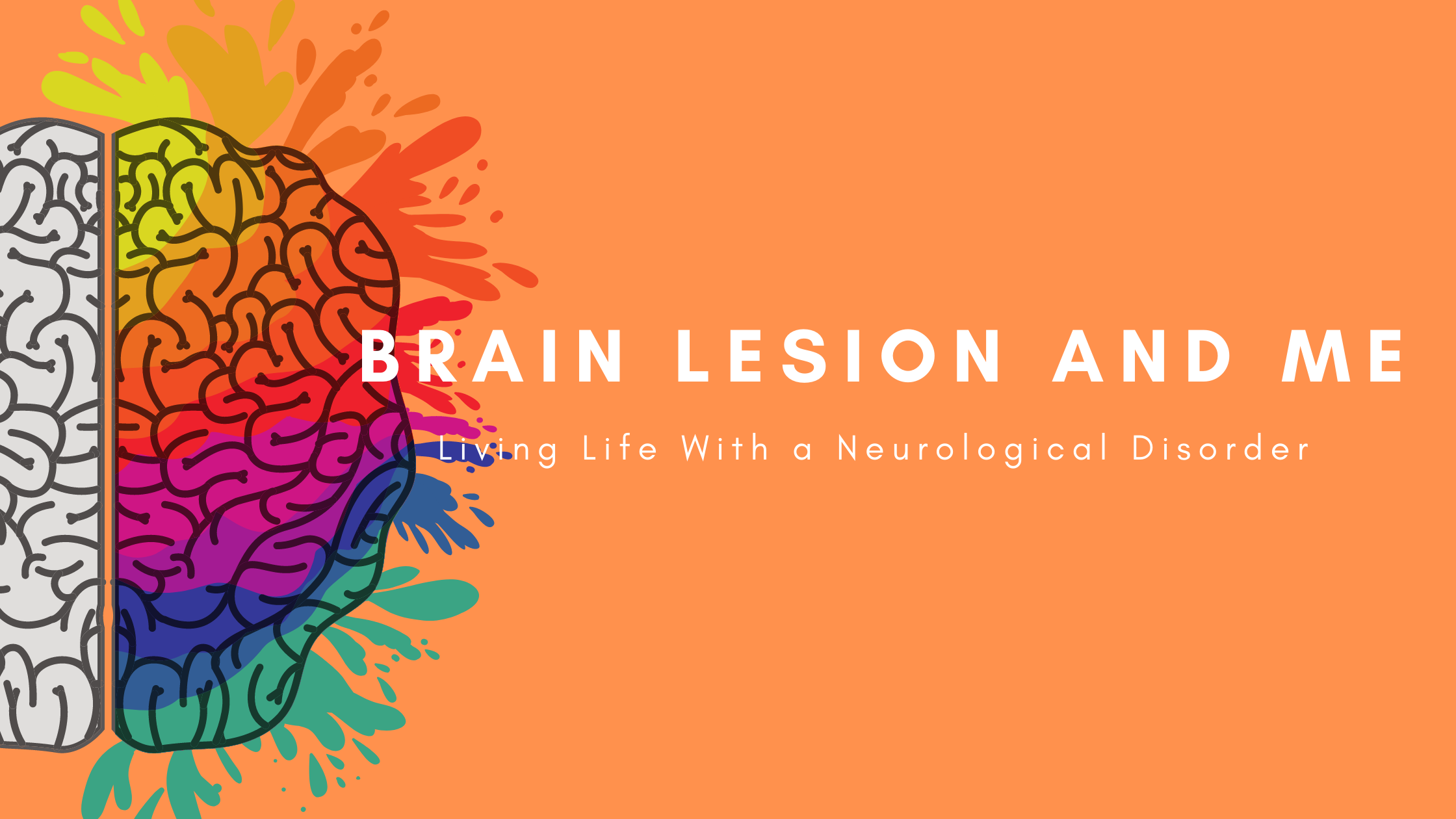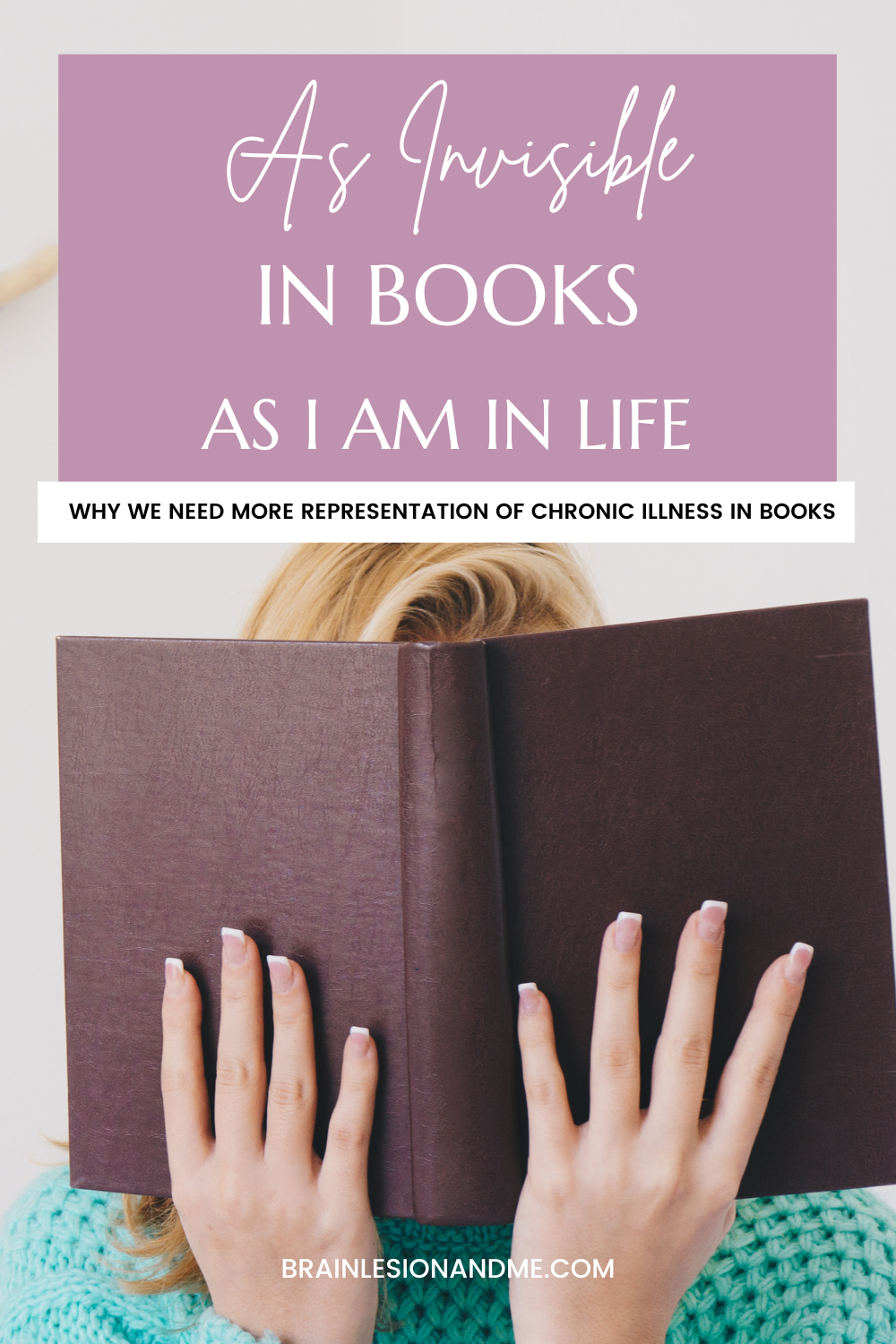
Hello to all readers new and old
Sorry that I have not been able to write a post sooner but life has been pretty hectic! Lately, fatigue has been a constant feature in my life, so much so, that the hours that I have with my personal assistant has been extended over two days instead of using all the designated hours in the one day. Added to that, is a new group that I have recently joined as well possibly being involved with setting up a brand new group for young people with disabilities in my local area.
And then of course, has been my health. As most of you reading this, also living with chronic illness, will know, that life can be like a revolving door – symptoms can be stable and manageable and then out of the blue, there is a deterioration of said symptoms and then find yourself navigating said revolving doors through to yet more doctors visits, hospital visits, more tests and so on. New symptoms appear, an example being the recent introduction of vision loss can be worrisome and can also question whether doctors have given the correct diagnosis, or whether it is possible that your condition is deteriorating. New symptoms are like being handed pieces of an uncompleted jigsaw puzzle and then having to cipher where these pieces fit in the bigger picture of your condition.
And after the initial consultation with your G.P can often, particularly if the new symptoms are unusual or worrisome, result in (again!) being referred to the specialty that is connected with the particular health condition. For me, not only have I referred back to Neurology, but am also awaiting for an appointment to seen an ophthalmologist. Waiting for hospital appointments, not only can be long and tiresome, but also leaves you on tenterhooks; especially when the mail arrives each day, wondering whether today is the day in which that all important appointment letter will arrive!

That only then leaves the preparation for the actual appointment! If I can offer any advice to any ‘spoonies’ out there, it would be this:
- Make sure that you prepare for the appointment beforehand – if like, me you often find yourself remembering various information that you wished to discuss with your doctor AFTER the actual appointment, then it can be a really good idea to write a list of questions and points that you wish to discuss before your appointment.
- You might wish to write down all the symptoms that you have experienced, I know from personal experience that I often forget to mention some of the symptoms that I have been experiencing
- It can be quite unnerving attending hospitals; the often produce anxiety and fear, and often will forget some of the information that the doctor has given you, so it may be a good idea to ask a friend or family member to attend the appointment
- Take a book, or something else to distract yourself from the anxiety, or even just to occupy the long wait in the waiting room
Any other tips that anyone has regarding attending hospital appointments? Comment below and share them!!




Barbara
Indeed, new symptoms can be worrisome and even frightening. Last summer I rushed to the doctor when I suddenly experienced severe sight disorder and numbness in my left hand. It almost frightened the life out of me as I thought it was probably a stroke, but it was just a migraine aura. I have had migraines before, but never with aura. Meanwhile I have had several auras with various symptoms, but as I know it doesn’t kill me I take it calmly now. My brain has got an odd sense of humour sometimes.